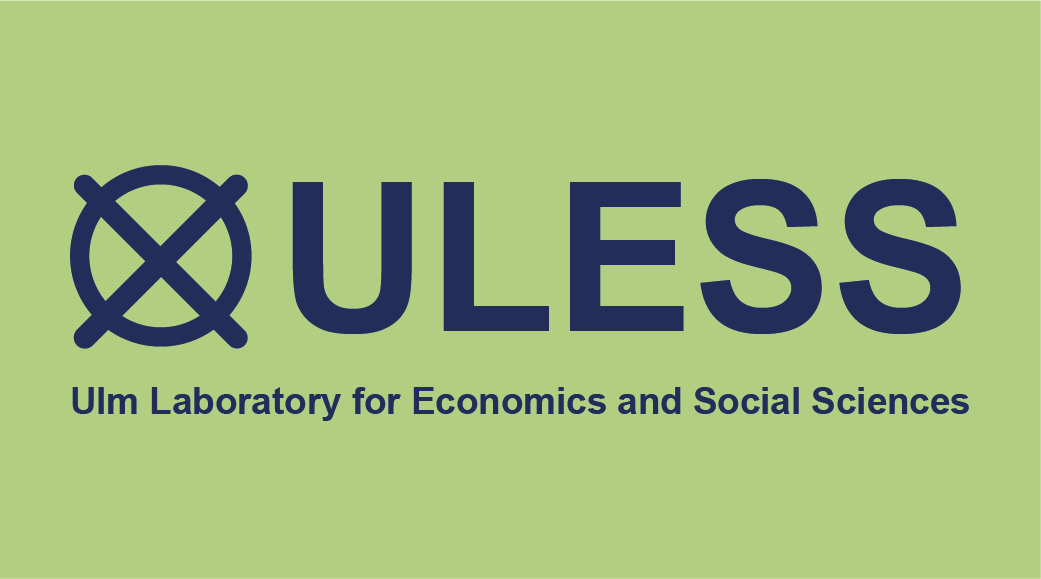Technological Change & Economic Consequences (Master)
This course offers a comprehensive overview of technological change and its impacts, drawing from both seminal and recent economic research.
By the end of the course, students will:
• Understand various theories modeling the effects of technological change.
• Be familiar with empirical findings on how automation and technological change affect the labor market, economic growth, inequality, work organization, and innovation.
• Be able to assess the quality of different empirical research approaches.
Core content:
The course will start by exploring the fundamental concepts and definitions related to technological change and innovation. It will then analyze the potential impacts of technological change on economic growth and employment. We then examine evidence on how technology alters the prevalence of specific work tasks (routine vs non-routine) and discuss the effects of technological on organizations. Finally, the course will discuss how new technology influences behavior and the strategies that individuals and organizations use to adapt. Methodologically, the course integrates theoretical considerations (e.g. growth theory, labor supply and task-based models) with econometric and experimental empirical research. Doing so it seeks to provide a broad understanding about the relationships between technological change and economic activity.
Organizational issues
- The course usually takes place every summer term.
- Further information and all relevant documents can be found on the Moodle course page.
Literature
Books and Book Chapters
- Acemoglu, D., & Autor, D. (2011). Skills, tasks and technologies: Implications for employment and earnings. In Handbook of Labor Economics (Vol. 4, pp. 1043-1171). Elsevier.
- Prettner, K. and Bloom, D.E. (2020). Automation and Its Macroeconomic Consequences: Theory, Evidence, and Social Impacts. Cambridge, MA: Academic Press.
- Hall, B. H., & Rosenberg, N. (Eds.). (2010). Handbook of the Economics of Innovation. Elsevier. (Vol. 1 and 2)
- Stoneman, P., Stoneman, R.E.P., (1995). Handbook of the Economics of Innovation and Technological Change. Blackwell
- Recommended for understanding the empirical analyses discussed in the lecture: Angrist, J. D., & Pischke, J. S. (2009). Mostly harmless econometrics: An empiricist's companion. Princeton university press.
Overview Article(s)
- Autor, D. (2022). The labor market impacts of technological change: From unbridled enthusiasm to qualified optimism to vast uncertainty (No. w30074). National Bureau of Economic Research.
Material
The documents for the lecture will be made available to you via the Moodle learning platform. The slides used in the lecture will be made available for download a few days before the lecture.
-
- Zielgruppe
Master
- Turnus
Jedes Sommersemester
- Termine
Siehe moodle
- Vorlesungsformat
Präsenzlehre
- Dozenten
- Links

